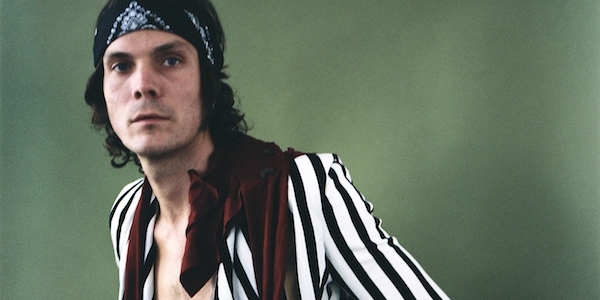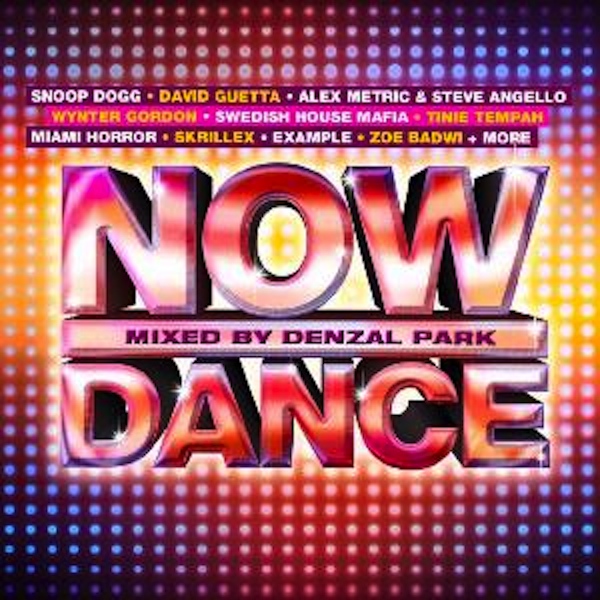Despite an early start in garage bands as a teenager, Felice is arguably most well-known for his establishment of the Felice Brothers with his two siblings. Four years of obscurity and playing New York subways eventually resulted in three successful albums for the trio. Tonight at the Arizona, The Felice Brothers, and Yonder is the Clock all received international recognition for their poignant, narrative lyrics and sensitively rendered music.
It was with the Felice Brothers that Simone was able to adapt his poetry and storytelling to music and hone his song writing skills. “I started out just really writing poetry and short stories before I could ever sing or play music,” he explains. “But with the Felice Brothers, I could take the story telling into more of a melodic place and share with more people. It was the first time we really took it [our music] to the street and really took it out into the world. I have really fond memories – it was a great time.”
Then, three years ago, Felice founded The Duke and the King with an old friend. Taking their name from a group of Shakespeare theatre grifters in Mark Twain’s The Adventures of Huckleberry Finn, the group released two haunting and honest albums, which both received critical acclaim. Meanwhile, Felice also appeared on the beautiful I and Love and You, by the Avett Brothers. However, Felice was itching to make his own album. So, he did.
Due out early next year, Felice has planned a world tour to coincide with its release. “The Felice Brothers are on it, and some of my friends from Mumford and Sons,” he confides. “It’s got a lot of lonesomeness to it but it also has a lot of to it as well. It’s really the album I’ve wanted to make for a long time, so that’s really where I’m moving towards – just spreading my wings as a solo artist.”
Amongst all of his musical exploits, Felice has written and released his first novel, Black Jesus. About a blinded soldier who finds unexpected love and friendship in his nowhere town that he must return to, Felice recently discussed the book at the Melbourne Writer’s Festival.
However, Felice admits that writing a book can be difficult. “Writing a book is a really, really lonely thing and it took me several years to really finish Black Jesus,” he says. “I think songs can be a lot more fulfilling immediately because if you’re lucky you can have a really beautiful song in a day or two, and you can share it in an immediate sense. But, if you have an idea for a book, it’s going to really take you on a real journey to even be able to talk about it or share it with people.”
Yet it is books that have been some of Felice’s biggest inspirations throughout his life. He sites F. Scott Fitzgerald’s classic The Great Gatsby as one of his favourites, along with an Earnest Hemmingway autobiography, A Moveable Feast, about Hemmingway’s struggle to learn how to become a writer. Another favourite is the more obscure The Man With The Golden Arm, by Nelson Algren, an early beat influence.
These authors have all publicly admitted that being a writer is difficult. Felice himself agrees, saying that telling the truth is the biggest challenge. “It’s really difficult to tell the truth and to get deep inside yourself and harvest and mine all those fears that you might have and insecurities and, you know, just to really put your heart on your sleeve and say ‘this is how I really feel’. But, I think it’s through that struggle that some of the best work comes out, when you really dig deep,” he says.
Felice also has some very influential music to call on for inspiration when he is song writing. Primarily, Joni Mitchell’s album Blue: “That is one that’s sort of been the soundtrack of my life and has saved my life and influenced the way I feel about love and sadness and loss,” he explains. A Leonard Cohen song called The Stranger’s Song has also been an important influence.
As far as his own music is concerned, Felice hopes that his fans and listeners are as inspired as he is by the music of others. “You know when you read a special paragraph of a book that you love or you hear a certain line from a song, sometimes you feel like ‘wow, this singer, this storyteller or this author, they’re the only person in the world that knows what I mean,” he explains. “I feel like if you can do that in your songs and in your work, if you can touch people in that way, so they can say ‘wow, he knows how I feel and now I don’t feel so alone,’ I think that’s the most important thing.”







